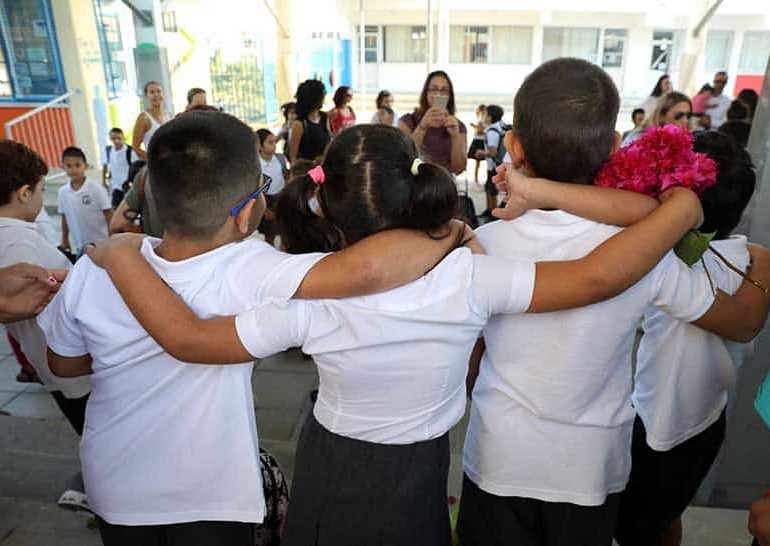The island’s Cabinet on Tuesday approved a preliminary national action plan in an effort to establish a mechanism to prevent and combat social exclusion and child poverty.
The national plan is based on the EU Council’s recommendation on the establishment of a European guarantee for children 2022-2030.
A total of 93 actions over six pillars have been implemented or are underway by eight government ministries and the state ministry of social welfare has been appointed as the national coordinator.
The aim of the National Action Plan is to ensure that children have access to a range of basic services, including free early childhood care, education and care, adequate housing and healthy nutrition.
In this respect, actions are already being implemented to create a stronger social safety net and reduce the difficulties experienced by children and their families, including the tuition and feeding subsidy scheme for children up to 4 years of age and the creation of 25 childcare facilities, the implementation of which offers flexible possibilities for reconciling work and family life and thus improving the well-being of the family and the child.
The six pillars of the National Action Plan relate to an integrated approach to increase social inclusion, improve child well-being and reduce child poverty (26 actions), early childhood education and care (5 actions), education and school activities (31 actions), healthy nutrition (13 actions), health care (16 actions), and adequate housing (2 actions).
The actions are funded from national resources or co-funded by the EU through the Recovery and Resilience Plan, the European Social Fund Plus, and the Operational Programme “Th.Al.E.I.A.” (2021-2027) among others.
The preliminary national action plan will be submitted to a consultation scheduled on October 20 by the Ministry of Social Welfare with the participation of children from all social backgrounds – including children in alternative care, children with an immigrant background and/or unaccompanied minors, children with disabilities, children of minority racial or ethnic origin, children living in remote/rural areas, members of the Children’s Initiative and other organised groups.
Children will be invited to submit their views and suggestions, which will be incorporated into the final National Action Plan to be submitted to the relevant EU bodies.







Click here to change your cookie preferences